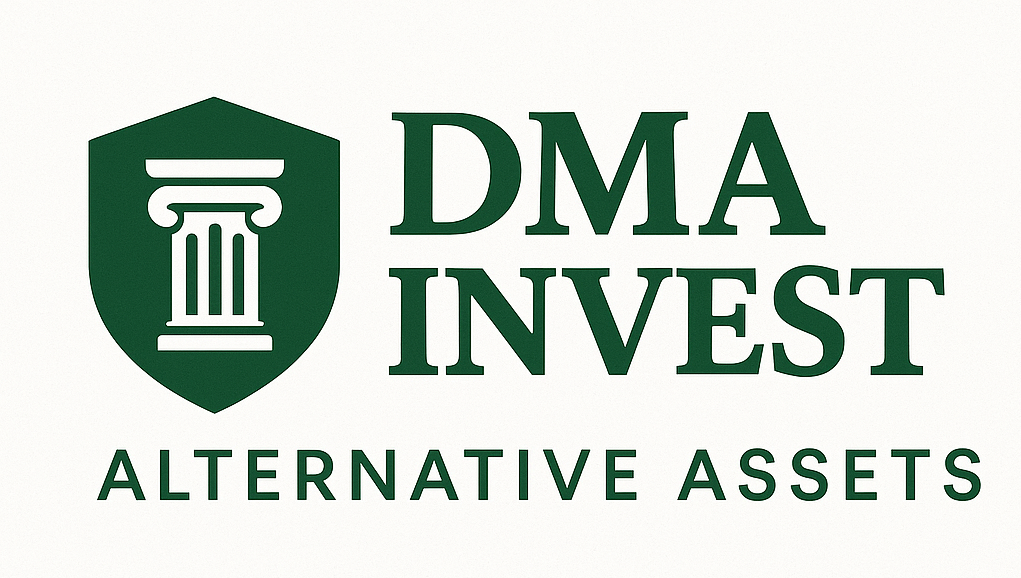Ethics and Investments
The Foundation of Our Strategic Vision

Ethics in investment is not just a moral obligation—it is a strategic imperative for long-term capital growth.
As Warren Buffett famously stated:
"It takes 20 years to build a reputation and five minutes to ruin it. If you think about that, you'll do things differently."
Our Strategic Vision and Policy for Investments is built on the principle that financial success must align with societal progress. This means avoiding exploitative industries while actively supporting businesses that improve lives, protect the environment, and foster innovation.
The Philosophical & Economic Case for Ethical Investing
Aristotle: Virtue Ethics in Business
The ancient Greek philosopher Aristotle argued that true prosperity comes from balancing self-interest with communal good. In his view, ethical business is not just profitable—it is necessary for a stable society.
"Wealth is evidently not the good we are seeking, for it is merely useful and for the sake of something else."
This aligns with our policy: We reject short-term gains from harmful industries (e.g., arms, addictive substances) in favor of sustainable, value-driven enterprises.
Adam Smith: The Moral Foundations of Capitalism
Often misquoted as a champion of pure self-interest, Adam Smith actually emphasized ethics as the backbone of commerce:
"How selfish soever man may be supposed, there are evidently some principles in his nature which interest him in the fortune of others." (The Theory of Moral Sentiments)
Smith’s insight reinforces our approach: Markets function best when trust, fairness, and long-term thinking prevail.
John D. Rockefeller: Profit with Purpose
The industrialist John D. Rockefeller, once criticized for monopolistic practices, later became a pioneer of philanthropic capitalism, stating:
"The best investment is in the tools of one’s own trade… but the most rewarding is in the betterment of human life."
We apply this principle by investing in healthcare, education, and clean energy—sectors that generate both financial returns and human progress.
Muhammad Yunus: Social Business as an Investment Model
Nobel laureate Muhammad Yunus, founder of microfinance, proved that ethical investing lifts economies:
"When you invest in people, you invest in the most dynamic resource on the planet."
Our policy mirrors this by prioritizing SMEs, sustainable agriculture, and financial inclusion—areas where capital multiplies social impact.
Ray Dalio: Principles of Ethical Capital Allocation
Billionaire investor Ray Dalio argues that long-term success requires ethical alignment:
"The biggest mistake investors make is believing that markets function independently of societal health."
This is why we avoid extractive industries and instead back companies that strengthen communities.
Why Ethics = Superior Returns
A. Lower Regulatory & Reputational Risk
As Peter Drucker, the father of management theory, stated:
"The purpose of business is to create and keep a customer… and that begins with trust."
By embedding ethics into our investment strategy, we secure durable profits while advancing civilization. This is not idealism—it is the future of Alternative Assets and Finance.
As Warren Buffett famously stated:
"It takes 20 years to build a reputation and five minutes to ruin it. If you think about that, you'll do things differently."
Our Strategic Vision and Policy for Investments is built on the principle that financial success must align with societal progress. This means avoiding exploitative industries while actively supporting businesses that improve lives, protect the environment, and foster innovation.
The Philosophical & Economic Case for Ethical Investing
Aristotle: Virtue Ethics in Business
The ancient Greek philosopher Aristotle argued that true prosperity comes from balancing self-interest with communal good. In his view, ethical business is not just profitable—it is necessary for a stable society.
"Wealth is evidently not the good we are seeking, for it is merely useful and for the sake of something else."
This aligns with our policy: We reject short-term gains from harmful industries (e.g., arms, addictive substances) in favor of sustainable, value-driven enterprises.
Adam Smith: The Moral Foundations of Capitalism
Often misquoted as a champion of pure self-interest, Adam Smith actually emphasized ethics as the backbone of commerce:
"How selfish soever man may be supposed, there are evidently some principles in his nature which interest him in the fortune of others." (The Theory of Moral Sentiments)
Smith’s insight reinforces our approach: Markets function best when trust, fairness, and long-term thinking prevail.
John D. Rockefeller: Profit with Purpose
The industrialist John D. Rockefeller, once criticized for monopolistic practices, later became a pioneer of philanthropic capitalism, stating:
"The best investment is in the tools of one’s own trade… but the most rewarding is in the betterment of human life."
We apply this principle by investing in healthcare, education, and clean energy—sectors that generate both financial returns and human progress.
Muhammad Yunus: Social Business as an Investment Model
Nobel laureate Muhammad Yunus, founder of microfinance, proved that ethical investing lifts economies:
"When you invest in people, you invest in the most dynamic resource on the planet."
Our policy mirrors this by prioritizing SMEs, sustainable agriculture, and financial inclusion—areas where capital multiplies social impact.
Ray Dalio: Principles of Ethical Capital Allocation
Billionaire investor Ray Dalio argues that long-term success requires ethical alignment:
"The biggest mistake investors make is believing that markets function independently of societal health."
This is why we avoid extractive industries and instead back companies that strengthen communities.
Why Ethics = Superior Returns
A. Lower Regulatory & Reputational Risk
- Unethical firms face bans, fines, and consumer boycotts (e.g., tobacco, fossil fuels under carbon taxes).
- Ethical firms benefit from government incentives.
- 85% of global investors now consider ESG factors (Morgan Stanley, 2024).
- Millennials & Gen Z prefer ethical brands, ensuring future revenue growth.
- Companies with strong governance & social trust recover faster from crises (Harvard Business Review, 2021).
As Peter Drucker, the father of management theory, stated:
"The purpose of business is to create and keep a customer… and that begins with trust."
By embedding ethics into our investment strategy, we secure durable profits while advancing civilization. This is not idealism—it is the future of Alternative Assets and Finance.
"Doing well by doing good" is not a slogan—it is a proven investment framework. Our policy ensures we thrive by uplifting society, not exploiting it.
Contacts
Tel: +79052255567
email: info@dma-invest.com
Address: St. Petersburg, 191123, Zakharyevskaya st., 25 letter A, premises. 21-n, office 508
email: info@dma-invest.com
Address: St. Petersburg, 191123, Zakharyevskaya st., 25 letter A, premises. 21-n, office 508
About the company
Services
Contacts
OOO "DMA INVEST"
St. Petersburg, 191123, Zakharyevskaya st., 25 letter A, premises. 21-n, office 508
Russian Federation
Tel: +79052255567
email: info@dma-invest.com
St. Petersburg, 191123, Zakharyevskaya st., 25 letter A, premises. 21-n, office 508
Russian Federation
Tel: +79052255567
email: info@dma-invest.com

